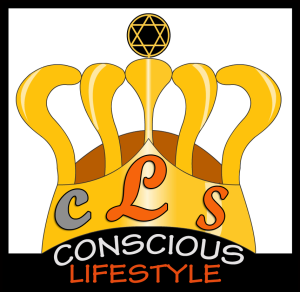Blog
The early persecution of the Christian church
- October 21, 2012
- Posted by: admin
- Category: Uncategorized

Christians refused to offer sacrifices to the Roman gods (deities) or to worship Roman rulers as gods and were thus subject to persecution.
This began under Nero in the first century and persisted through the great persecution of Diocletian and Galerius, which was seen as a final attempt to wipe out Christianity. (Christians were crucified, thrown into lions dens, burnt a live, etc).
Nevertheless, Christianity continued to spread. During this era of persecution, the early Church evolved both in doctrinal and structural ways.
The apostles convened the first Church council, the Council of Jerusalem, in or around the year 50 AD (after death) to resolve issues concerning evangelization of Gentiles.
In the period of the great persecution In 303, the Emperors Diocletian, Maximian, Galerius and Constantius issued a series of edicts rescinding the legal rights of Christians and demanding that they comply with traditional Roman religious practices. Later edicts targeted the clergy and demanded universal sacrifice, ordering all inhabitants to sacrifice to the gods.
Christians were compelled to sacrifice to Roman gods or face imprisonment and execution.
Persecutory laws were nullified by different emperors at different occasions and eventually Christianity was legalized in 313 under Constantine’s Edict of Milan, with the intentions of exploiting Christianity.
Emperor Constantine who pretended to be christian, so that he may exploit the Christians, became the pillar of Christianity.
Christian laws which were designed to benefit the Roman empire were decreed by Costantine under the council of Nicea.
